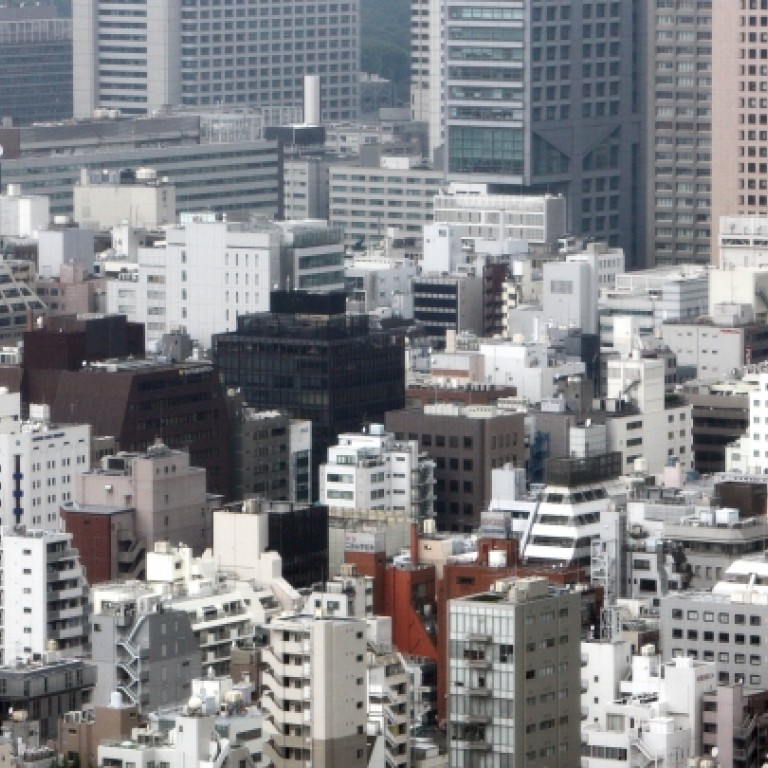
Japan housing starts rose for ninth month in May
Construction companies broke ground on 14.5 per cent more homes last month from a year earlier, according to a report released by the Ministry of Land, Infrastructure, Transport and Tourism in Tokyo. Housing starts were expected to rise 6.1 per cent, based on the median estimate of 24 economists in a Bloomberg News survey.
Japan's housing starts rose for a ninth month in May, the longest streak since the period to February 2011, as the government's pledge to end 15 years of deflation fuelled expectations for a recovery in prices.
Construction companies broke ground on 14.5 per cent more homes last month from a year earlier, according to a report released by the Ministry of Land, Infrastructure, Transport and Tourism in Tokyo. Housing starts were expected to rise 6.1 per cent, based on the median estimate of 24 economists in a Bloomberg News survey.
An unprecedented monetary easing under the Bank of Japan governor, Haruhiko Kuroda, and increased government spending under Prime Minister Shinzo Abe's leadership have helped bolster consumer confidence. About 35 per cent of 2,478 people surveyed in April by Haseko, a condominium builder, said now was the time to buy a house, up from 30 per cent in January.
"The biggest change after Abe is the expectation of asset prices and housing prices," Masahiro Mochizuki, an analyst at Credit Suisse Group in Tokyo, said. "By purchasing real estate, people now have an opportunity to make profit."
Housing starts rose to an annualised 1.027 million units in May, matching October 2008, the report showed. They were expected to rise to 950,000 units, according to the median estimate of 19 economists surveyed.
The Topix Real Estate Index, a measure of 43 property related stocks, closed at a one-month high in Tokyo, rising 5.6 per cent.
In 2012, housing starts gained for a third year, up 6.2 per cent and the fastest pace since 1996, after declining 22 per cent in the 10 years to the end of 2010 from the previous decade, according to land ministry data.
They will reach as many as 940,000 units for the fiscal year to March 2014, the highest level since 2008, according to an estimate by Hidetaka Yoneyama, a senior researcher at Fujitsu Research Institute in Tokyo.
The supply of new apartments in Tokyo's metropolitan area this year would reach the highest level since 2007 to meet rising demand, said the Real Estate Economic Institute.
